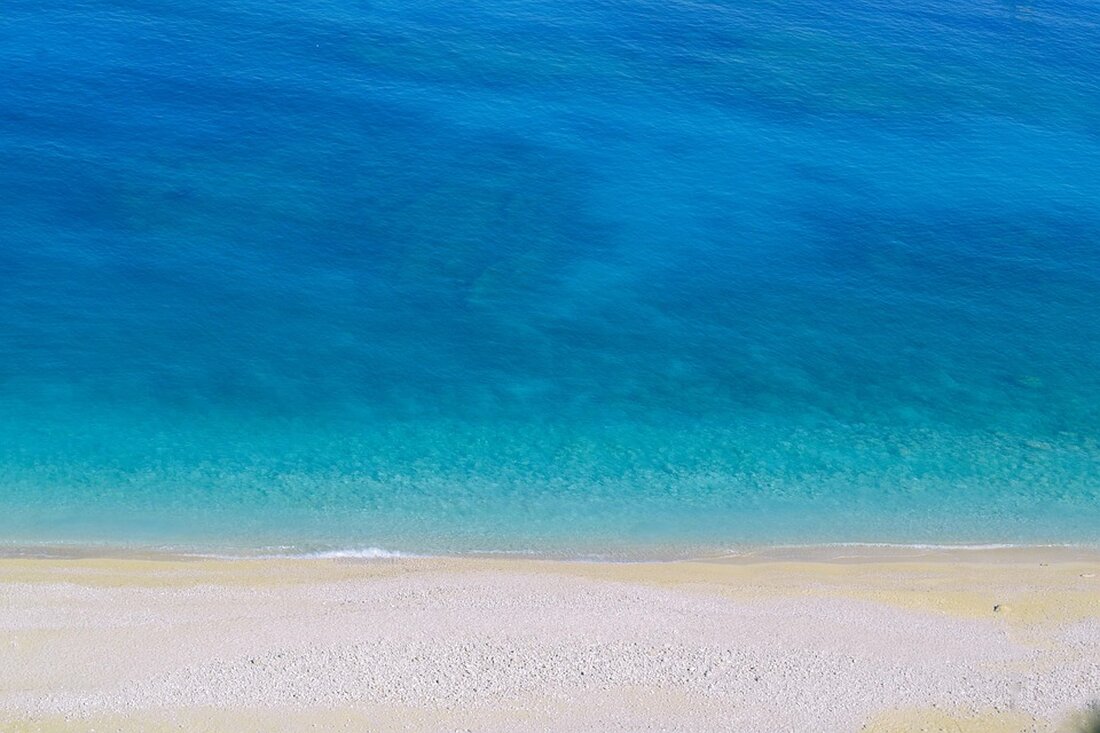Greece is changing course: limited cruises against overtourism!
Find out which European travel destinations are at risk from overtourism and what measures are planned to relieve the burden.

Greece is changing course: limited cruises against overtourism!
Greece is facing a significant increase in overtourism, particularly in the popular Cyclades islands such as Santorini and Mykonos, which have received a score of 4.2 in the overtourism index. These destinations are among the most vulnerable destinations in the world, affecting both locals and tourists. The high number of visitors leads to crowded streets, rising prices and a strain on water resources, which is already critical as water consumption in Santorini has increased significantly in recent years.
Particularly alarming is water consumption, which doubled from 2012 to 2019. In the following three years, consumption rose by a further 18 percent and within one year after that by 22 percent. According to Santorini Mayor Nikos Zorzos, the island's desalination capacity was originally designed to last for 15 years, but in practice it has only lasted for five years. This development is extremely stressful for the 1,600 residents of Fira, the capital of Santorini.
Cruise tourism as a stress factor
The Greek government is now planning to introduce stricter rules for cruises to combat overtourism. Prime Minister Kyriakos Mitsotakis announced that he would limit berths for ships and introduce a tendering process for ships. These measures are intended to prevent too many cruise tourists from deterring other visitors, which could further reduce economic benefits for the islands.
Last year, cruises generated a turnover of 847 million euros, which is more than twice as much as the previous year. However, many cruise tourists spend the night on board and mostly eat on the ships, reducing the direct benefit generated for local businesses. The larger cruise ships, such as the Norwegian Epic and the Odyssey of the Seas, can carry over 4,000 passengers, further exacerbating the situation on the already congested islands.
Ecological and infrastructural challenges
The problems of overtourism are not limited to the islands of Greece. European cities such as Amsterdam and Copenhagen also have high overtourism index scores and are vulnerable to negative impacts such as environmental degradation, infrastructure overload and impaired quality of life for locals. The ongoing pressure from tourism could, in the long term, reduce the attractiveness of these destinations for all visitors.
The opinion expressed by Josh Weinstein, CEO of Carnival, that these restrictions are “unfortunately a given” reflects the necessary urgency with which the issues of sustainability and ecology in the tourism sector must be addressed. Chris Theophilides, CEO of Celestyal, proposes an improved berth reservation system to meet increasing demands and fluctuating tourism.
The steps Greece is taking could serve as a model for other tourist-heavy regions to maintain the balance between economic benefits and environmental sustainability.

 Suche
Suche
 Mein Konto
Mein Konto